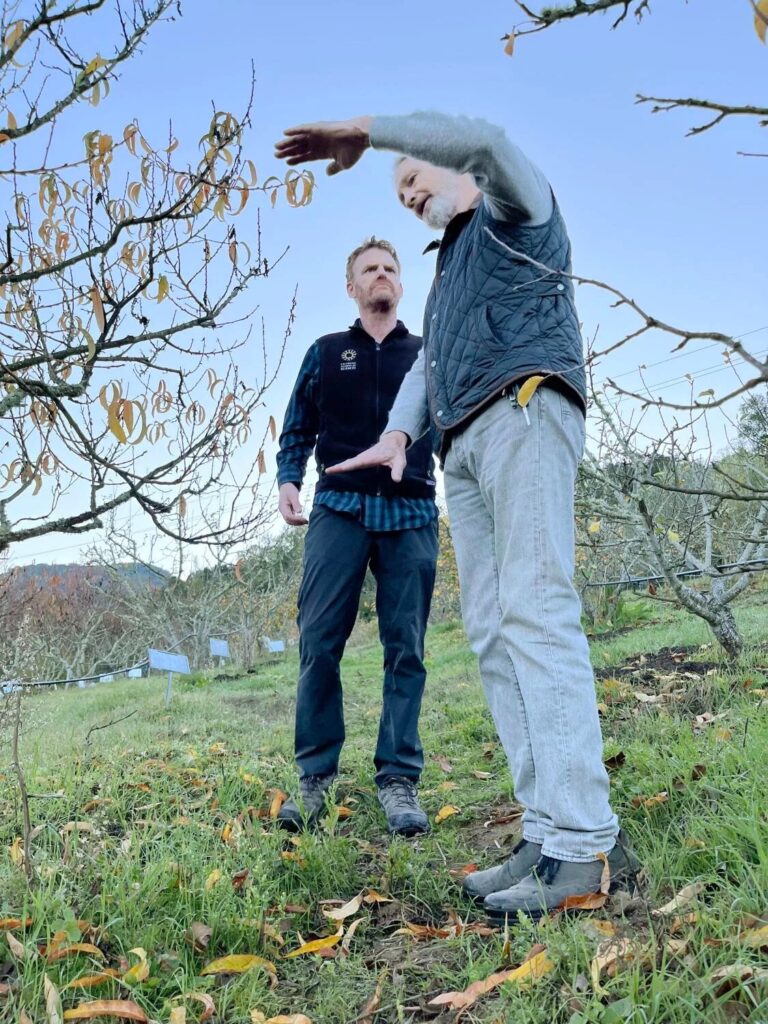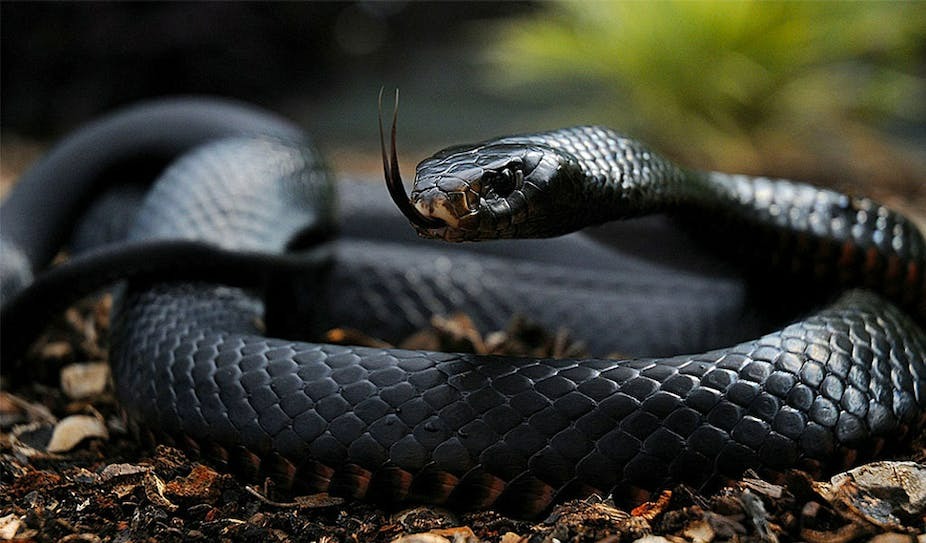
In the serene orchards of Marin County, California, John Heenan experienced a brush with terror that would change the trajectory of snakebite treatment. A routine summer morning in 2017 turned harrowing when Heenan, a 74-year-old horticulturist, inadvertently stepped on a rattlesnake. A swift strike, a searing pain, and Heenan found himself grappling with the venomous aftermath. As he was rushed to the hospital, the agonizing reality of snakebites unfolded.
Snake venom, a potent blend of toxins, amino acids, and proteins, inflicts a range of severe symptoms in humans, from swelling and blood pressure instability to paralysis and respiratory failure. The World Health Organization grimly notes that an estimated 138,000 people succumb to venomous snakebites annually, with many perishing before reaching emergency medical care. The tragedy often unfolds in impoverished regions where snakebite treatment remains a daunting challenge.

The array of venomous snakes across the globe presents a constant threat—from rattlesnakes in the United States to kraits in Southeast Asia, and Russel’s vipers responsible for thousands of fatalities in India. The standard-of-care for snakebites involves expensive antivenoms administered intravenously in a hospital setting, and the cost of treatment adds a financial burden to survivors, especially in regions like Southern California.
Enter Dr. Matthew Lewin, an expedition doctor and a visionary in the realm of snakebite treatment. Witnessing the suffering of snakebite victims firsthand, Dr. Lewin embarked on a decade-long journey to develop an innovative, needle-free solution—a pill named Varespladib. The uniqueness of Varespladib lies in its ability to block phospholipase-A2, a highly toxic protein present in 95% of snake venoms, driving life-threatening tissue destruction, bleeding, and paralysis.
Proponents believe that this synthetic molecule holds the potential to not only halt or reverse neurological damage but also restore normal blood-clotting ability when administered promptly after a snakebite. The ongoing drug trials, conducted by Ophirex Inc., a public benefit corporation founded by Dr. Lewin and musician-entrepreneur Jerry Harrison, have garnered significant attention and support.

The U.S. Food and Drug Administration, recognizing the urgency of addressing snakebite crises, granted Varespladib a “fast track” designation, expediting its development and review. The Department of Defense has invested approximately $24 million in the initiative, highlighting the drug’s potential significance for special forces deployed in snakebite-prone areas.
The proposed pill offers more than just a medical solution—it embodies a lifeline for individuals facing the immediate consequences of venomous encounters. Dr. Lewin’s tragic encounter with the death of herpetologist Joseph Slowinski in 2001, coupled with his subsequent quest for a needle-free treatment, laid the foundation for Ophirex’s mission.
As Varespladib progresses through trials, the focus remains on accessibility and affordability. Ophirex aims to reduce manufacturing costs, ensuring that the drug becomes globally accessible, especially in areas where vulnerable populations face the constant threat of snakebites.
The potential impact of Varespladib extends beyond medical treatment—it carries the promise of saving lives in situations where immediate evacuation may not be feasible. The collaborative efforts of Ophirex, the Department of Defense, and the medical community underscore the urgency of addressing a neglected crisis that claims lives and leaves survivors grappling with physical and financial burdens.

While the proposed pill’s exact price remains uncertain, the commitment to making it accessible worldwide reflects a dedication to mitigating the global impact of venomous snakebites. As Varespladib inches closer to potential approval, it represents a beacon of hope for individuals navigating regions where slithering assailants pose a constant threat.
John Heenan’s wish—that everyone carries a few of those pills in their first aid kits—might one day become a reality, ensuring greater safety for individuals in snake-prone areas. In the realm of snakebite treatment, Varespladib emerges as a symbol of innovation, compassion, and the relentless pursuit of a solution to a crisis that has long been overshadowed by silence.

How wonderful, and so important that is produced in quantities that will give every country a supply!. John Herman’s wish is mine, and I hope he world is listening!